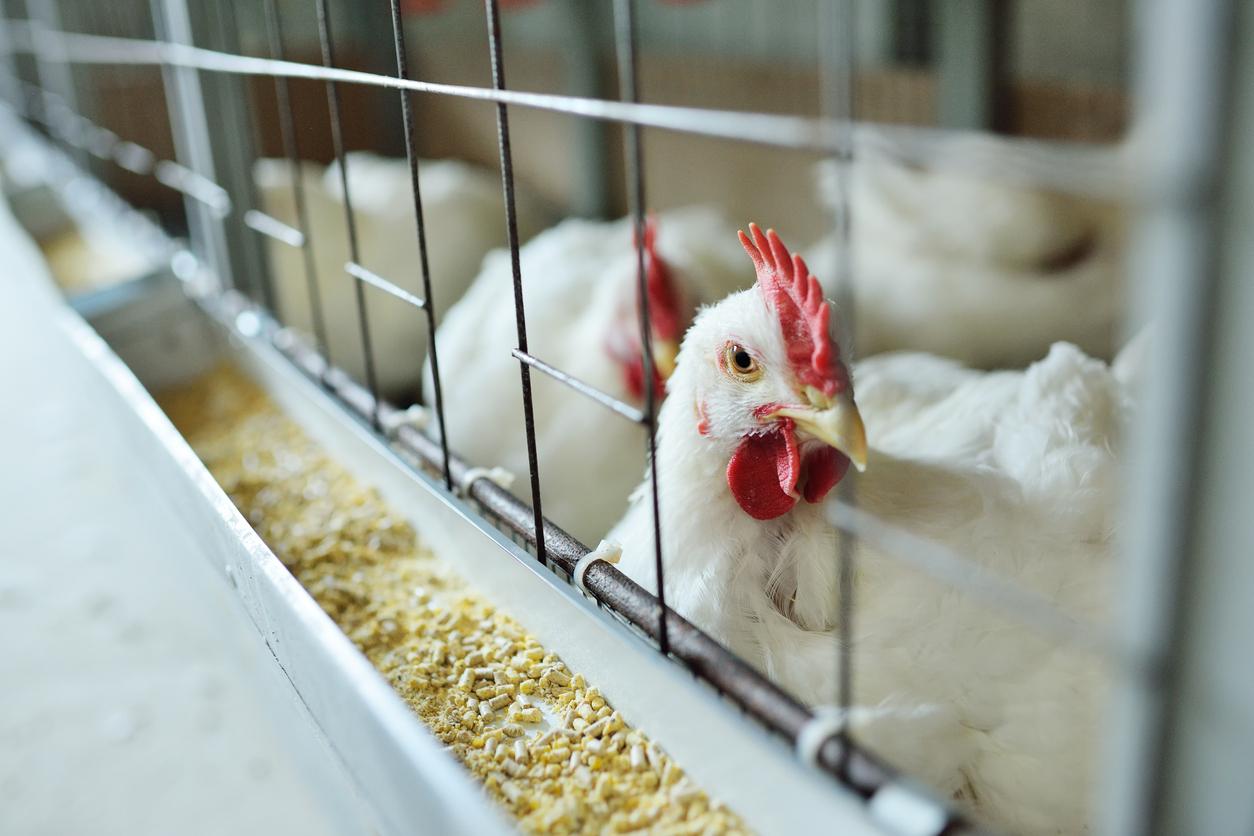A study shows that the traits of your friends during adolescence can rub off on you, especially those written in their genes, even into adulthood. Explained.

- The genetic makeup of friends in adolescence may have long-term consequences for an individual’s risk for drug and alcohol use disorders, depression and anxiety, a new study finds.
- Researchers found that people who had friends as teenagers with genetic predispositions to addiction or depression were more likely to develop these disorders as adults.
- This bond was stronger among high school classmates, particularly those who were in the same vocational or university preparatory program between the ages of 16 and 19.
Beware the DNA of your school friends. A new study suggests that the genetic makeup of friends during adolescence may have long-term consequences for an individual’s risk of drug and alcohol use disorders and depression.
This work from Rutgers University was published in the journal American Journal of Psychiatry.
Addiction, depression: a link with genetic predispositions of friends
A proponent of sociogenomics (the study of how one person’s genotype influences another’s observable traits), psychiatrist Jessica E. Salvatore wondered how friends’ genetic predispositions affect young people. To do so, she combed through an anonymized database of more than 1.5 million people born in Sweden between 1980 and 1998. After mapping individuals by location and school during their adolescence, the expert studied medical, pharmaceutical and legal records documenting their substance use and mental health disorders in adulthood.
Their peers’ genetic predispositions were determined based on familial genetic risk scores (personalized measures based on family history) for substance abuse, depression and anxiety disorders.
Analyzing all of this data, the researchers found a clear association between friends’ genetic predispositions in adolescence and participants’ likelihood of developing similar disorders in adulthood. Moreover, the effects were stronger among youth who attended the same school than among those who lived in the same place.
“Within school groups, the strongest effects were observed among upper secondary school classmates, particularly those who were in the same vocational or college preparatory track between the ages of 16 and 19. Social genetic effects for school peers were larger for drug and alcohol use disorders than for major depression and anxiety disorder.”the authors specify in their press release.

Prevention: don’t think only “individual”
Jessica E. Salvatore acknowledges that her study does not allow us to determine the origin of the observed link. “The most obvious explanation for why our peers’ genetic predispositions might be associated with our own well-being is the idea that our peers’ genetic predispositions influence their phenotype, or the likelihood that they will also be affected by the disease. But in our analysis, we found that peers’ genetic predispositions were associated with the likelihood of disorders in target individuals, even after statistically controlling for whether the peers were affected or not.”
While further research is needed to understand this association, the expert recommends taking its discovery into account in prevention programs.
“If we want to think about how best to address these socially costly disorders, we need to think more about social and network-based interventions. It’s not enough to think about individual risk.”















